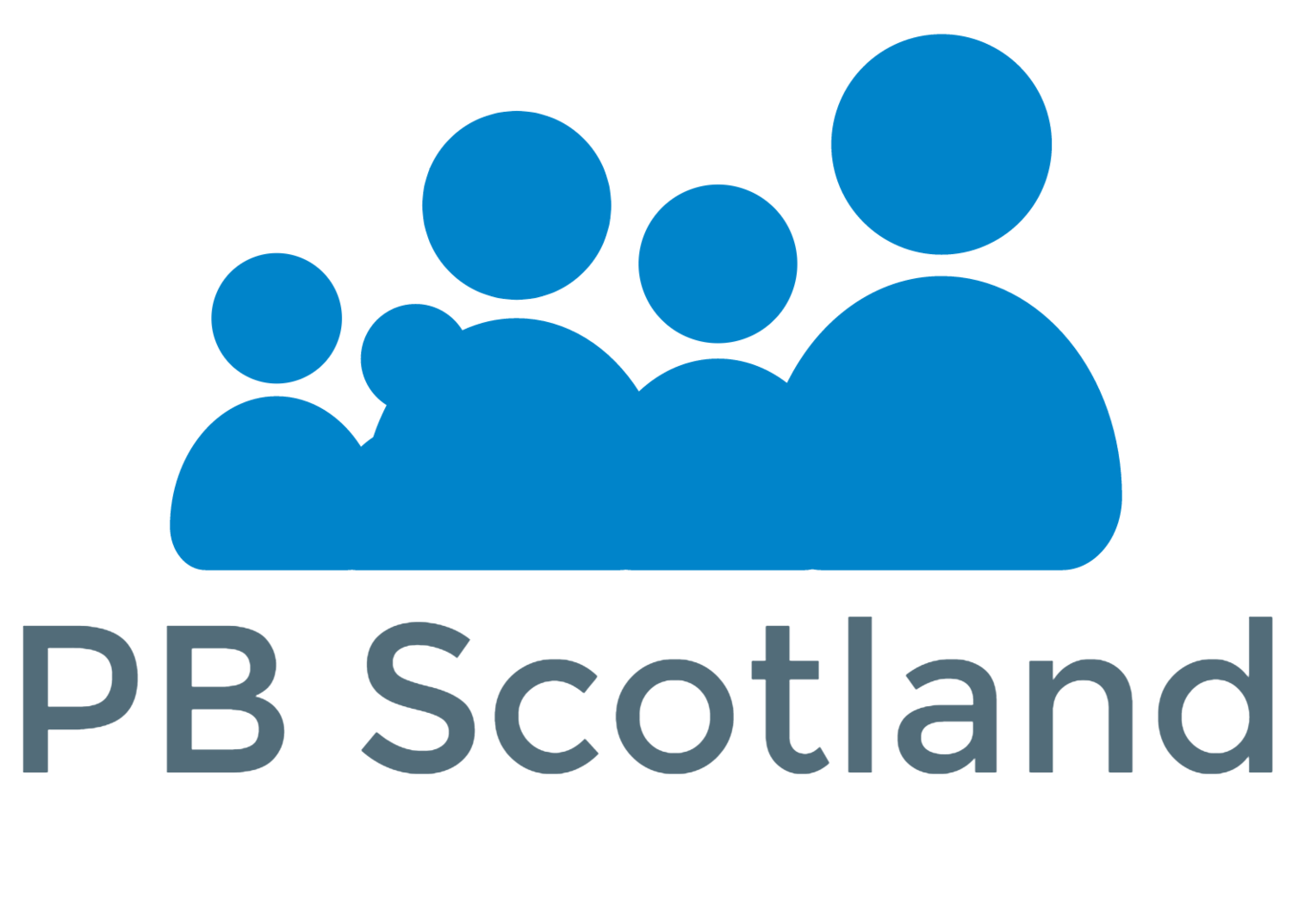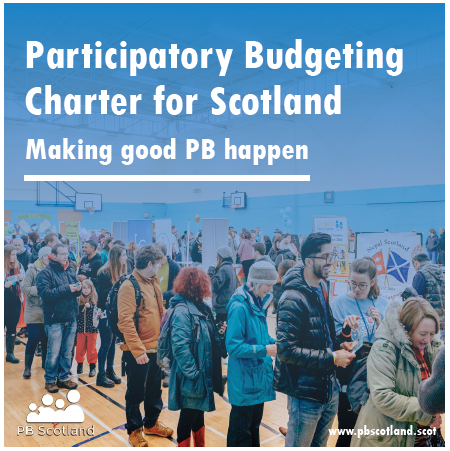Keeping an eye on inequalities
/Keeping an eye on inequalities – International experiences of Participatory Budgeting - Giovanni Allegretti
How do we use Participatory Budgeting (PB) to address inequalities in Scotland? Giovanni Allegretti reminded us that PB can be used for many objectives. In Scotland’s case we have decided to focus on addressing inequalities and reinforcing social justice. He gave the assembled audience a timely reminder that we must always be mindful and aware when planning PB events that we are looking to address inequalities in Scotland’s communities and that all of our activities should be geared towards this in the way we plan, how we involve people, how we coproduce the event and how we assess the impact of our approach and funding.
Giovanni took some time out from his busy schedule to share his 18 years of experience working in PB with an enthusiastic Scottish audience at Edinburgh University. He generously shared his experience of PB from Portugal to Brazil and everywhere in between. We learned how PB has been used in Europe. Lazio region redistributed €1m at the start of it’s PB journey and now distributes €16m, in Madagascar they use the profits from mining income towards the PB process. In Lisbon they use their whole local budget for PB and pay administration and staffing costs from other sources. In 2015, Barcelona distributed €36m, in Madrid they spent €60m and in Paris they distribute €105m through PB processes. An estimated 58,000 Parisian citizens voted in the process using bespoke online technology.
Giovanni said that PB can be used to address many different themes which may be important to citizens from health care to heritage. He cautioned that with such large scale PB and sophisticated processes there is a danger that social justice themes are ignored and that inequalities persist or grow as a result. In his experience it’s important to be mindful of the groups who experience inequality, and to use the PB process to make changes for these groups. He referenced an example of ex-prisoners who had become disenfranchised and who have subsequently been trained in the PB process as a way of them re-engaging with their communities and society as a whole.
Giovanni highlighted a number of ways to retain social justice objectives in PB. He said that in some instances it is important to target the funding towards addressing known groups or communities that experience inequalities. The PB process must be a safe environment for the most excluded to participate and should not challenge them unduly. The funding from PB processes should be focused on solutions which challenge issues that exacerbate inequalities i.e. poor transport, lack of health care, failing education systems, focus on early years development etc. He also indicated that some simple solutions can be employed in the PB process itself to focus on inequalities, for example giving individuals 3 opportunities to vote during events will lead to the 3rd vote going to social justice causes. Giovanni explained that: “Participants will use their first vote to vote for a project which is close to them, and their 2nd will be used to barter with others to vote for their project and the 3rd will be used to vote for social justice projects.” He describe the 3rd vote as the one used by participants to, “cleanse their conscience by allocating it to vulnerable groups.”
These lessons from other areas will help Scotland’s PB practitioners to continue to focus their efforts on addressing inequalities in the planning, funding, implementation and evaluation of PB events.






